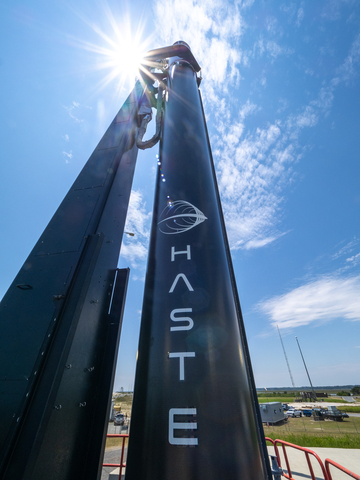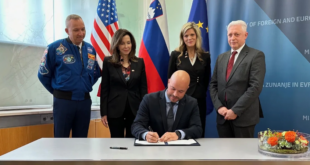
Ibadan, 16 August 2023. – Rocket Lab USA, Inc. has announced it has signed a double-launch deal with NASA to deliver the Agency’s climate change research-focused mission, PREFIRE, to low Earth orbit in 2024. The launches will consequently be the 7th and 8th missions Rocket Lab has launched for NASA since 2018. The mission also consists of two 6U CubeSats with a baseline mission length of 10 months.
The two dedicated missions on Electron will deploy one small satellite each to a 525km circular orbit from Rocket Lab Launch Complex 1 in New Zealand from May 2024. The PREFIRE mission has specific LTAN (Local Time of the Ascending Node) requirements, so the second satellite is to deploy to space shortly after the first. This will be possible due to Electron’s unique ability to deploy dedicated small satellite missions on highly responsive timelines.
NASA’s PREFIRE (Polar Radiant Energy in the Far-InfraRed Experiment) mission will help close a gap in understanding of how much of Earth’s heat is lost to space, especially from the Arctic and Antarctica. Furthermore, analysis of PREFIRE’s measurements will inform climate and ice models, providing better projections of how a warming world will affect sea ice loss, ice sheet melt, and sea level rise. Improving climate models can ultimately help to provide more accurate projections on the impacts of storm severity and frequency, as well as coastal erosion and flooding.
PREFIRE joins a long list of NASA missions to Rocket Lab, including the CAPSTONE mission to the Moon on Rocket Lab’s Electron launch vehicle and Lunar Photon satellite bus, the back-to-back launches in May 2023 of the TROPICS satellites for NASA’s hurricane monitoring mission, and the NASA Starling mission launched last month on Rocket Lab’s most recent Electron recovery launch.





